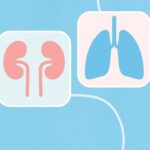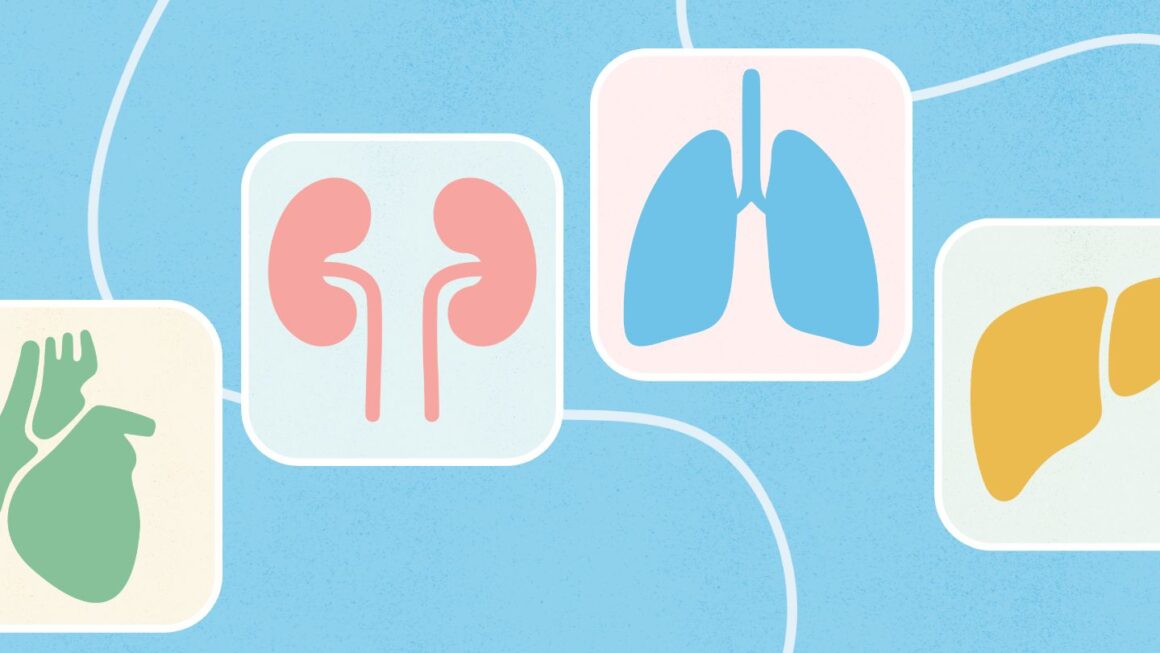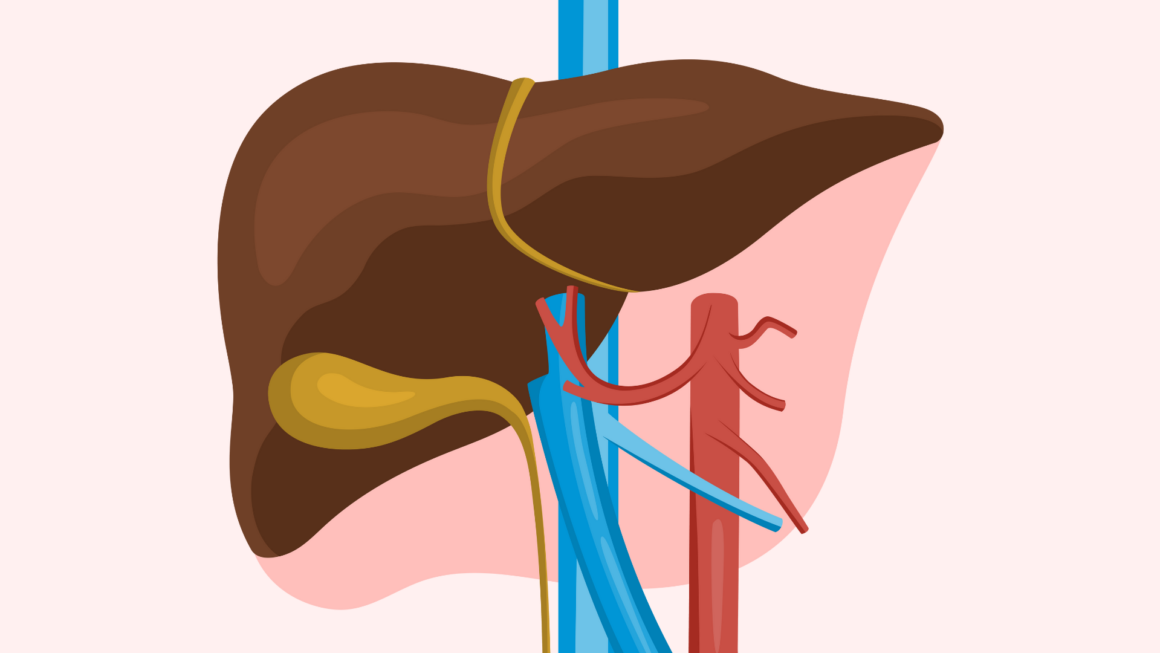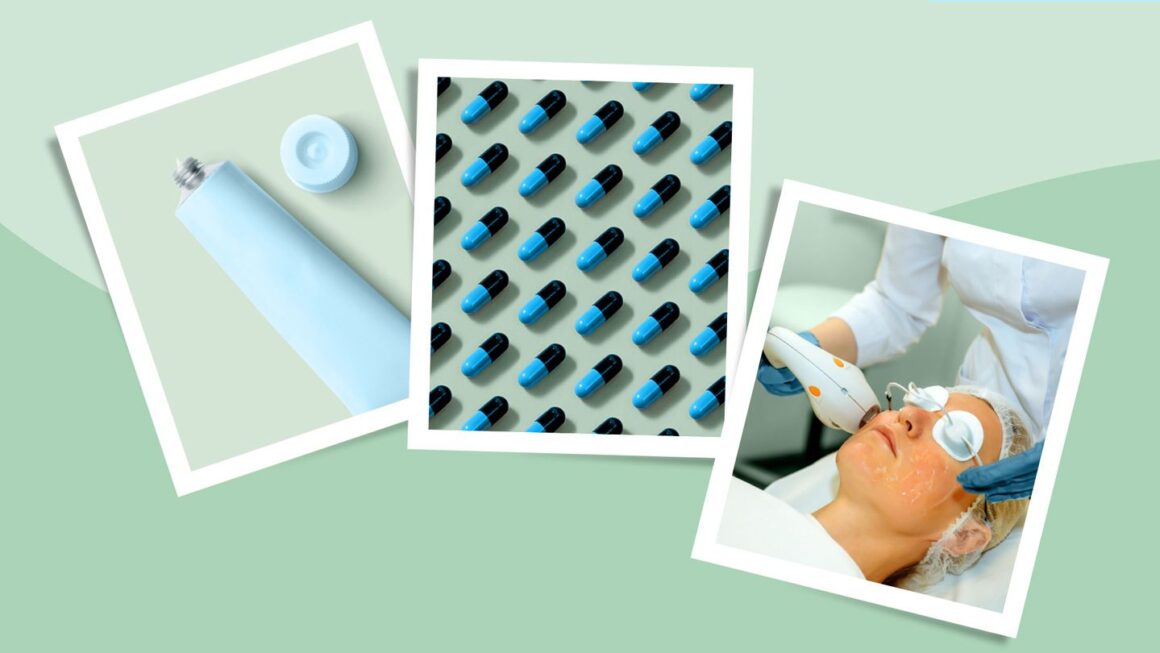Drinking several cups of coffee each day may do more than give you a pick-me-up. A new study suggests that it might also help reduce your risk of developing multiple conditions like heart disease, stroke, and type 2 diabetes.
For the study, researchers examined data on about 172,000 healthy adults who reported information on their caffeine intake and roughly 188,000 healthy adults who shared how much coffee or tea they drank.
In addition, participants who consumed about 200 to 300 milligrams of caffeine daily — found in approximately two to three cups of coffee or around five or six cups of black tea — were 41 percent less likely to develop multiple cardiometabolic conditions than participants who had 100 milligrams or less of caffeine a day.
“Moderate coffee consumption may help reduce chronic low-grade inflammation, a key factor in the development of cardiometabolic diseases,” says Yu Chen, PhD, MPH, an epidemiology professor at the New York University Grossman School of Medicine in New York City, who wasn’t involved in the new study.
Caffeine can also improve how well the body uses the hormone insulin to convert sugars from food into energy the body needs for fuel, Dr. Chen says. She also notes that coffee and tea both contain phenolic acids and polyphenols, substances with antioxidant properties.
So-called cardiometabolic diseases like type 2 diabetes, coronary heart disease, and stroke can be more likely to develop when people have chronic inflammation or difficulty using insulin, Chen says. “The study found that moderate coffee consumption is protective against the onset of all these individual diseases, the development of multiple conditions, and the progression from one disease to two,” Chen adds.
Because chronic inflammation plays a role in the development of many diseases, it’s not surprising that drinking beverages with anti-inflammatory properties like coffee or tea might be associated with a lower risk of heart disease, stroke, or type 2 diabetes, says Frank Hu, MD, PhD, MPH, a professor and chair of the nutrition department at the Harvard T.H. Chan School of Public Health in Boston, who wasn’t involved in the new study.
But coffee drinking isn’t always associated with healthy lifestyle habits like eating well, sleeping enough, and getting plenty of exercise, Dr. Hu notes. And how people take their coffee may also impact their disease risk, he says. “It’s important to be mindful of the sugar and cream added, as these can affect overall health.”
Should People Start Drinking Coffee if They Don’t Already?
The study findings shouldn’t be seen as a good reason to start drinking coffee if you never have before, Hu says. “For those who don’t drink coffee, there’s no need to start solely for health benefits.”
Beyond this, it’s too soon to prescribe three cups of coffee a day, says Glen Finney, MD, a neurology professor and director of the Memory and Cognition Program at Geisinger Health in Danville, Pennsylvania, who wasn’t involved in the new study.
“I think the precise dosing seen in this study is interesting, but I’d want to see it replicated in follow-up studies before advising people to make specific changes,” Dr. Finney says.













